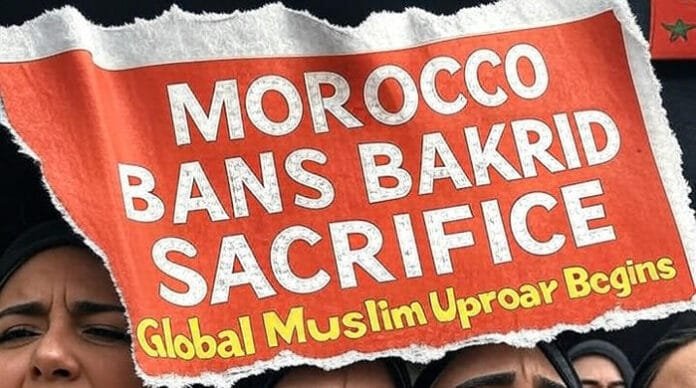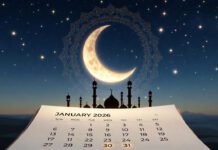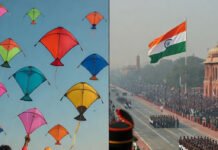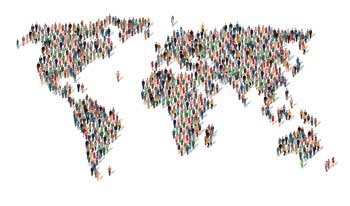INVC NEWS
Morocco -: Morocco’s bold decision to halt animal sacrifice on Bakrid has ignited controversy across the Muslim world, with King Mohammed VI issuing a royal directive banning the centuries-old ritual this year. The announcement, made just days ahead of Eid al-Adha 2025, has led to nationwide raids in Morocco as security forces crack down on unauthorized livestock intended for sacrifice.
Royal Order Halts Bakrid Sacrifices Nationwide
Authorities across Morocco have launched intensive inspections to enforce the unprecedented ban. Livestock markets have been shut down, sheep confiscated from private homes, and individuals found trading sacrificial animals are facing fines or detainment. This sweeping action follows a direct order from King Mohammed VI, citing severe drought and the declining number of livestock as the primary reason behind the prohibition.
The Ministry of Interior issued follow-up instructions for citizens to observe Bakrid through prayer, charity, and fasting instead of the traditional ritual slaughter. The royal decision applies across all regions, including key cities like Casablanca, Rabat, Marrakech, and Fes.
Public Outrage Grips Morocco Amid Ban
Large sections of Moroccan society, especially rural and traditional communities, have expressed fury and disappointment. Protests have erupted in multiple towns, where citizens accuse the government of violating core Islamic traditions. Many argue that sacrificing animals during Eid is not merely symbolic, but a religious obligation with deep spiritual and cultural roots.
Online platforms are flooded with reactions ranging from outright condemnation to cautious support. Hashtags like #LetUsSacrifice and #EidWithoutSacrifice have gone viral on Moroccan and global social media.
Why the Ban? Government Cites Environmental Emergency
King Mohammed VI’s administration claims the ban is a necessary emergency response to one of Morocco’s most severe droughts in recent history. The North African nation, where 99% of the population follows Islam, has been grappling with diminishing water resources, failing pastures, and inflation in meat prices due to low livestock availability.
Officials say the nationwide livestock population has dropped by over 40% in just two years. Veterinarians and environmental experts have supported the move, calling it a humane and pragmatic approach under Morocco’s worsening climate crisis.
Reactions from the Global Muslim Community
The ripple effects of Morocco’s royal decree are being felt beyond its borders. Prominent clerics, Islamic scholars, and institutions across the Middle East, South Asia, and Africa have raised alarms. Many consider the move a dangerous precedent that could embolden governments elsewhere to curb religious practices under the guise of sustainability.
Egypt’s Al-Azhar University, one of the most influential Islamic institutions globally, released a statement expressing “grave concern” about Morocco’s interference in sacred rituals. Meanwhile, supporters argue that the essence of Eid lies in submission to divine will, and sacrifice can be spiritual rather than physical.
Split Among Moroccan Religious Authorities
Even within Morocco, Islamic scholars are divided. Some support the royal family’s decision, saying preserving life and livestock aligns with Islamic jurisprudence in times of hardship. Others warn that the action may alienate religious citizens and damage the monarchy’s credibility in rural heartlands.
Jamaa al-Fna, a well-known religious organization in Rabat, urged citizens to obey the decree but requested the king to provide alternate ways for citizens to fulfill religious obligations, such as sponsoring international animal sacrifices via charities.
Security Crackdown Intensifies as Eid Nears
Ahead of Eid-al-Adha, security checkpoints have been established on major highways to prevent the smuggling of livestock. Mobile task forces have been deployed in livestock markets and suburban neighborhoods known for informal sacrificial trades. According to local media, over 2,000 animals have already been confiscated across multiple provinces.
Citizens attempting to resist the order have reported property searches and arrests, fueling further resentment. Farmers, who earn a large portion of their annual income during Eid through livestock sales, are expected to suffer major financial losses.
How Morocco Plans to Observe Eid-al-Adha 2025
Despite the nationwide sacrifice ban, the government has outlined an alternative Eid program, encouraging citizens to engage in:
Group prayers at designated mosques
Distribution of food and financial aid to the poor
Charity-based livestock sponsorship abroad through NGOs
Educational programs on water conservation and climate change
This framework is being broadcast on state media as a way to “modernize faith under environmental duress.”
Economic and Religious Ramifications Loom Large
For Morocco, this Eid will be a defining moment. If successful, it could set a new model for faith practices in climate-stressed Islamic nations. If it backfires, the monarchy risks eroding trust among devout citizens who view Bakrid as a non-negotiable pillar of their religion.
Morocco now stands at the center of a global debate about how to balance faith, tradition, and environmental sustainability in an age of climate disruption and political transformation. As Eid-al-Adha approaches, the entire Muslim world watches closely.

















[…] some reports claim that the Moroccan king’s ban on animal slaughter on Bakrid has sparked outrage and protests […]